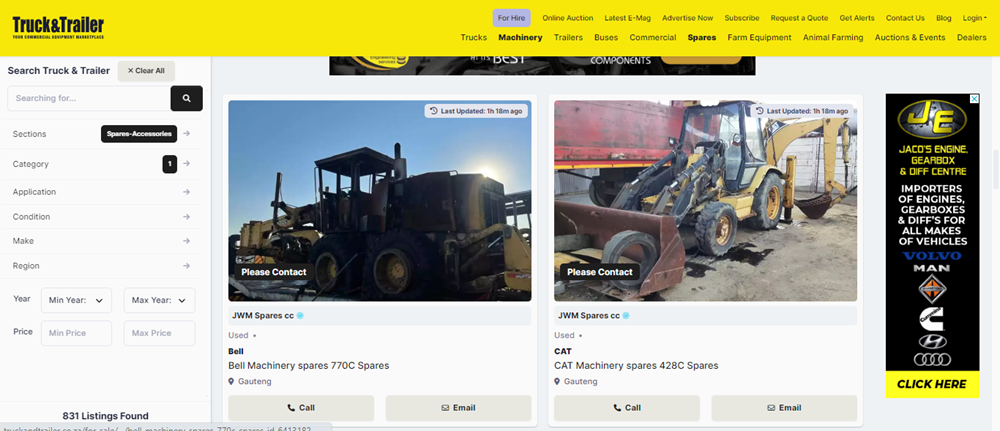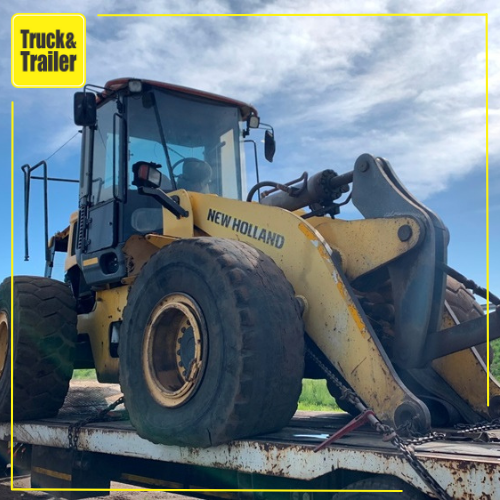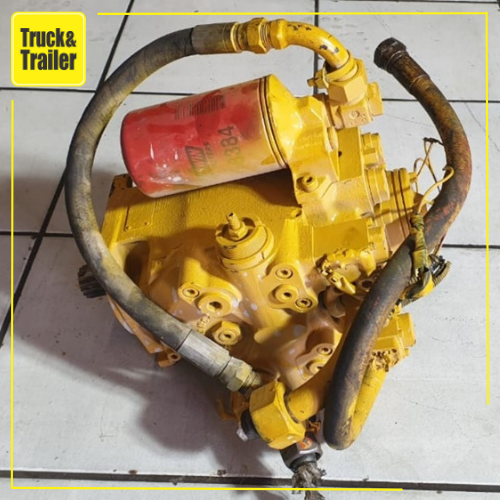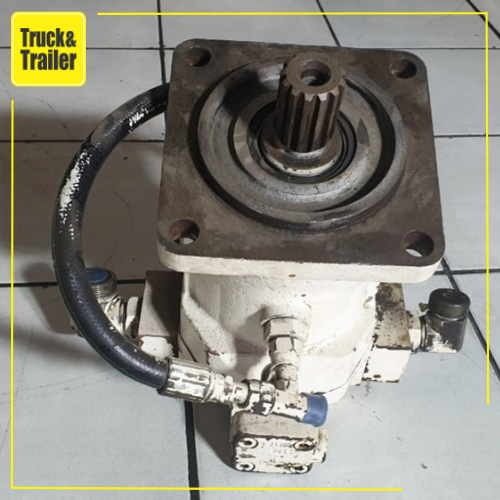In the dynamic landscape of South Africa's industrial sector, machinery and spare parts play a pivotal role in driving productivity and efficiency. Whether in manufacturing, construction, agriculture, or mining, the proper maintenance of machinery and spare parts is essential for smooth operations and prolonged lifespan. In this article, we'll delve into valuable tips and practices to help businesses optimise the performance and longevity of their equipment, ensuring uninterrupted workflow and cost-effectiveness. Additionally, for those seeking quality machinery equipment, Truck & Trailer provides a comprehensive platform to explore a wide range of options.

Maintenance Tips for Machinery and Spare Parts:
1. Regular Inspection and Cleaning:
Regular inspections are the cornerstone of effective maintenance practices. Scheduled inspections allow for the early detection of wear and tear, potential issues, and the need for spare part replacements. Additionally, thorough cleaning of machinery spare parts helps prevent the buildup of debris, dust, and other contaminants, thus reducing the risk of malfunction and extending the equipment's lifespan.
2. Lubrication:
Proper lubrication is crucial for the smooth operation of machinery. Lubricants help reduce friction between moving parts, minimising wear and tear and preventing overheating. It's essential to follow manufacturer recommendations regarding the type and frequency of lubrication to ensure optimal performance and avoid damage to machinery and spare parts.
3. Replacement of Worn-Out Parts:
Over time, machinery components and spare parts may experience wear and tear due to regular use. It's imperative to monitor the condition of these parts and promptly replace any that show signs of deterioration. Delaying replacement can lead to more significant issues, downtime, and costly repairs. Regularly sourcing quality spare parts from reputable suppliers is essential for maintaining the reliability and efficiency of machinery.
4. Calibration and Alignment:
Proper calibration and alignment are critical for precision machinery used in various industries, such as manufacturing and construction. Misaligned or improperly calibrated equipment can result in decreased accuracy, product defects, and increased energy consumption. Regularly checking and adjusting the alignment and calibration of machinery ensures optimal performance and prevents costly errors.
5. Training and Education:
Investing in training and education for staff responsible for machinery maintenance is paramount. Properly trained personnel can identify potential issues early, perform maintenance tasks effectively, and ensure compliance with safety regulations. Continuous learning and staying updated on advancements in machinery technology and maintenance practices are essential for maximising efficiency and minimising downtime.
6. Record-Keeping:
Maintain detailed records of maintenance activities, including inspection reports, maintenance schedules, repair logs, and parts inventory. OrganiSed documentation provides valuable insights into equipment history, helps identify recurring issues, and ensures compliance with regulatory requirements.

7. Safety Protocols:
Prioritise safety throughout all maintenance activities by implementing comprehensive safety protocols and procedures. Provide appropriate personal protective equipment (PPE) and safety training to personnel involved in maintenance tasks. Regularly review safety protocols and conduct risk assessments to mitigate hazards.
8. Energy Efficiency:
Optimise machinery maintenance practices to improve energy efficiency and reduce environmental impact. Regular maintenance helps identify inefficiencies such as leaks, worn components, and outdated technology that contribute to excessive energy consumption. Implement energy-saving measures such as retrofitting, upgrades, and equipment replacement where feasible.
9. Emergency Preparedness:
Develop contingency plans and emergency response protocols to address unexpected equipment failures or breakdowns. Maintain emergency kits stocked with essential tools, spare parts, and emergency contact information. Train personnel to respond swiftly and effectively to mitigate the impact of equipment failures on operations.
10. Continuous Improvement:
Embrace a culture of continuous improvement by soliciting feedback from equipment operators and maintenance personnel. Encourage collaboration and innovation to identify opportunities for optimising maintenance processes, enhancing equipment performance, and reducing costs. Regularly review and refine maintenance strategies based on lessons learned and industry best practices.
All in all, in the competitive landscape of South Africa's industrial sector, the effective maintenance of machinery and spare parts is crucial for sustaining operations, enhancing productivity, and minimising costs. By implementing the maintenance tips outlined in this article, businesses can ensure the optimal performance and longevity of their equipment, contributing to overall success and profitability. For those in search of quality machinery equipment, Truck & Trailer offers a diverse selection of options to meet various industry needs. Embrace proactive maintenance practices, and unlock the full potential of your machinery investment.
Remember, maintenance is not just about fixing what's broken; it's about preventing breakdowns and optimising performance. Stay proactive, stay efficient, and find your ideal machinery equipment on Truck & Trailer.






